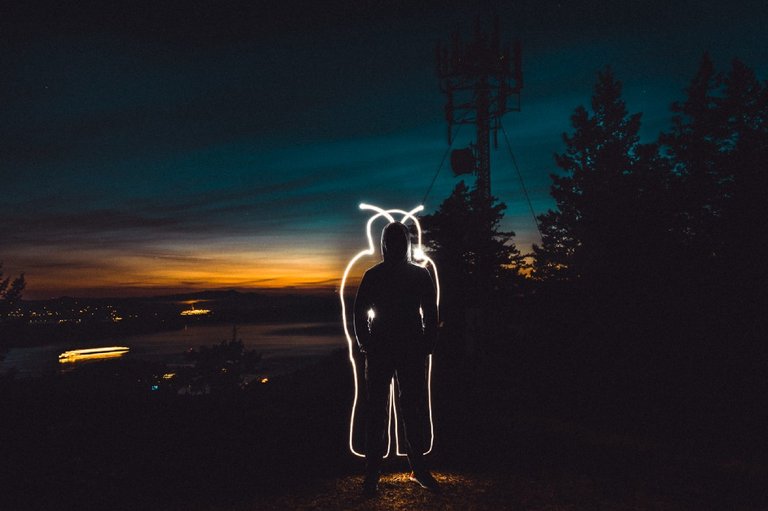What moves us to action in these troubled times?
There are so many trials around us, every day; no matter which path we take, another barricade, another wall, so that living within a state of constant trial begins to seem like fate.
But it is not fate.
The wellspring of these trials is deliberate, and it can be stoppered if we try.
 Photo by Jasper Garratt on Unsplash
Photo by Jasper Garratt on Unsplash
I’ve lived within a society that degrades everything I am and do: a society that values me just enough to devalue me. I won’t call it by a given name, because we fall into the trap of Othering too easily. We like slogans, and easily-named enemies; the shoddy modern myths provide us with uncounted “good-guys vs. bad-guys” on which we try, desperately, to parallel our lives. So I will not say “the problem is Capitalism” because the problem is more than that: we face a deeper struggle, as a species, than the limits of a single word.
We are irreducible beings, not this crude matter to which we are consigned. And we are worth more than all the calculations of all the economists in all the enshadowed halls of power. Just as are the trees, and the bees; the rocks and the flowers.
I spent three years of my life in a place of wilderness and nature. The locals called it “Howling Hill” both for the coyotes that once lived there, long before the grape vines came and strangled the life from the land, and for the way the wind rose like haunting voices in the trees.
I loved that place, that magic space of 40 acres on a hill.
There were rattlesnakes as thick as your arm and as long as I was tall. There were trees that grew as twins within the flat earth of the fire-road (I buried my first pet there, beneath those boughs). There were streams and trickling gullies in the winter, and in the summer the air was desert dry and beautiful.
When the owner sold the land, he brought bulldozers in to clear the land, their great bodies hulking, skin the yellow of disease. Their iron teeth shattered the land; saws whirred and cut the trees.
I remember standing on the side of the hill and sobbing: I imagined I could hear the crying of the trees.
It’s two decades later as I write this, and the world has continued to change, but I can still hear the land calling out for justice from the casual violence wrought upon it.
The age of the Anthropocene is the age of great changes worked upon the surface of the world, but it is not the end of the natural things I fear, though each species lost diminishes us; each voice snuffed out weakens the chorus of nature’s song. Yet still, what I fear most is a story untold, and a story told badly. And we are telling our own story so very badly, a poor reflection that rights no wrong.
Our modern mythologies are the architecture of our lives: we live within the boundaries of stories that define us, define our limitations, and disguise a truth that those in power seek so desperately to hide.
It is a simple truth.
We have the power. We can make the change occur. There is still time.